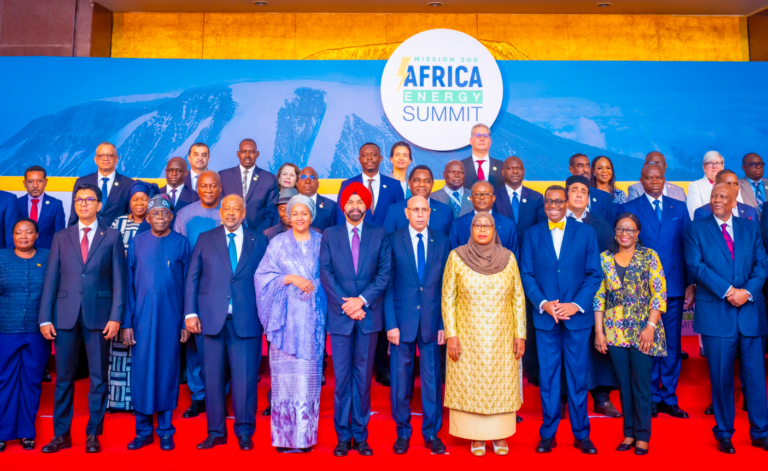Dar es Salaam, Tanzania – At the recent Mission 300 Africa Energy Summit in Dar es Salaam, African leaders unveiled an ambitious plan to provide electricity access to 300 million people in Sub-Saharan Africa by 2030. This initiative, known as “Mission 300,” is a collaborative effort between the African Development Bank (AfDB), the World Bank Group, and various global partners, aiming to address the significant energy deficit on the continent.
As of recent data, approximately 600 million people in Sub-Saharan Africa lack access to electricity, accounting for nearly half of the continent’s population. This energy shortfall poses substantial challenges to economic development, healthcare, education, and overall quality of life.
Mission 300 seeks to bridge this energy gap by 2030 through a combination of reforms, investments, and partnerships. Key components of the initiative include:
- National Energy Compacts: Twelve African countries have committed to implementing energy sector reforms tailored to their unique contexts. These compacts outline ambitious targets and key policy changes to attract investment and enhance energy access
- Financial Pledges: The initiative has secured over $50 billion in partner pledges to accelerate action on affordable and sustainable energy growth. Notably, the Islamic Development Bank (IsDB) and the Asia Infrastructure Investment Bank (AIIB) have collectively pledged around $6.15 billion to support electrification efforts.
Achieving the goal of providing electricity to 300 million people by 2030 is ambitious and presents several challenges:
Infrastructure Development: Building and upgrading infrastructure to deliver reliable electricity, especially in rural and remote areas, requires substantial investment and time.
Financial Mobilization: While significant pledges have been made, mobilizing the estimated $90 billion needed will require sustained commitment from international donors, private investors, and African governments.
Policy and Regulatory Reforms: Implementing effective policy frameworks and regulatory reforms is crucial to attract private sector participation and ensure the sustainability of energy projects.
Dr. Doto Biteko, Tanzania’s Deputy Energy Minister, emphasized the importance of regional cooperation and leveraging renewable energy sources to achieve the Mission 300 objectives. He noted that harnessing Africa’s abundant solar and wind resources could play a pivotal role in expanding access.
Naomi Achieng Jasseda, a correspondent based in Dar es Salaam, highlighted the potential impact of Mission 300 on local communities. She pointed out that improved electricity access could lead to enhanced educational opportunities, better healthcare services, and increased economic activities, thereby uplifting the socio-economic status of millions.
While the Mission 300 initiative sets a bold target, its success hinges on coordinated efforts among African nations, international partners, and the private sector. Addressing the multifaceted challenges will require innovative solutions, robust policy frameworks, and unwavering commitment to transform Africa’s energy landscape by 2030.

